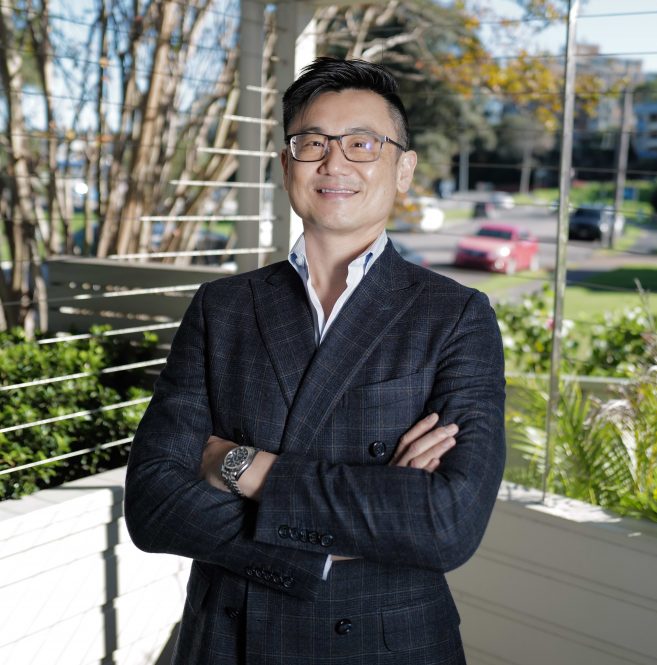- Comprehensive Breast Care for Sydney
- New website Same Amazing Team!
- Get In Touch!
The thyroid gland is located at the front of the neck, in front of the airway (trachea). It produces thyroid hormones, which play an important role in regulating the body’s metabolism, energy levels, and other bodily functions.
Thyroid surgery, also known as a thyroidectomy, may be recommended for several conditions, including:
Dr Chen will discuss your diagnosis and the reasons surgery is being recommended in your individual case.
Thyroid surgery is performed under general anaesthesia in a hospital setting. The type of surgery depends on your condition and may include:
During surgery, an incision is made at the front of the neck to access the thyroid gland. Dr Chen will discuss the planned approach, expected incision, and any specific considerations based on your individual situation.
Before surgery, you will have a consultation to discuss your medical history, any relevant tests or imaging, and the planned procedure. You will receive preoperative instructions, such as fasting requirements.
After surgery, it is common to experience some discomfort or a sore throat due to the position of the surgery. Most patients stay in hospital for one to two days, depending on the extent of surgery and individual recovery. Your surgeon will provide postoperative care instructions and arrange follow-up appointments to monitor your recovery and thyroid hormone levels if required.
Thyroid surgery carries certain risks and potential complications. These may include:
Dr Chen will discuss these risks with you in detail to support informed decision-making.
If you have been referred for thyroid surgery or would like more information about your treatment options, please contact our team to arrange a consultation with Dr Paul Chen.
Thyroid surgery may be recommended for several reasons, including large thyroid nodules, thyroid cancer, an overactive thyroid (hyperthyroidism), or a goitre that causes symptoms such as difficulty breathing or swallowing. Dr Paul Chen will assess your condition and discuss whether surgery is an appropriate treatment option for you.
If your entire thyroid gland is removed (total thyroidectomy), you will need to take thyroid hormone replacement medication lifelong to maintain normal thyroid hormone levels. If only part of the thyroid is removed (lobectomy), the remaining portion may continue to produce enough hormone, although some patients may still require medication to support normal thyroid function.
Most patients can go home either on the day of surgery or the following day, depending on their individual recovery and the extent of the procedure. Light activities can usually be resumed within a few days, while full recovery generally takes around 2 to 3 weeks. Mild swelling in the neck area and a sore throat are common after surgery but tend to improve with time.
Dr Chen will provide postoperative care instructions specific to your procedure to support your recovery.


Take the first step towards expert care—schedule your consultation with Oncoplastic Surgical Centre today and receive personalised treatment from Dr. Paul Chen and his team.




